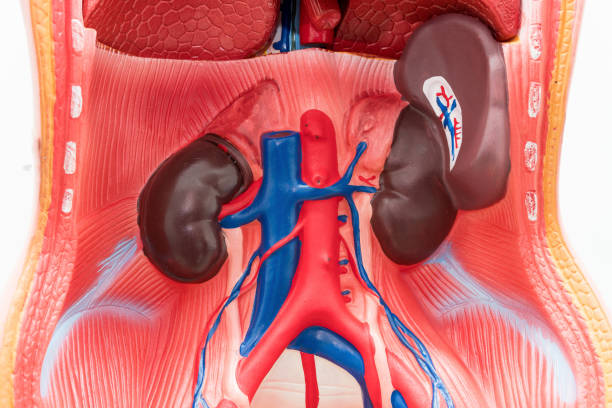Ascites refers to the buildup of fluid in the abdomen, which can cause a range of symptoms and complications. This condition is commonly seen in individuals with liver disease, heart failure, and cancer, but it can also occur due to other medical conditions. In this article, we will discuss the symptoms of ascites, as well as the various treatment options available.
Symptoms of Ascites
The following are the most common symptoms associated with ascites:
Abdominal swelling: The most obvious sign of ascites is a noticeable swelling in the abdomen. This swelling may be mild to severe, depending on the amount of fluid that has accumulated.
Abdominal discomfort or pain: As the fluid accumulates in the abdomen, it can cause pressure and discomfort in the abdominal area. Some individuals may experience abdominal pain as a result of the swelling and pressure.
Difficulty breathing: In severe cases, the buildup of fluid in the abdomen can compress the diaphragm, making it difficult for individuals to breathe normally.
Weight gain: As the fluid accumulates in the abdomen, individuals may experience a sudden weight gain.
Decreased appetite: The buildup of fluid in the abdomen can cause a feeling of fullness, reducing the individual’s appetite.
Fatigue: As the body tries to process the excess fluid, individuals may experience fatigue and a general feeling of weakness.
Nausea and vomiting: In some cases, individuals may experience nausea and vomiting as a result of the buildup of fluid in the abdomen.
Treatment for Ascites
The treatment for ascites depends on the underlying cause of the fluid buildup. The following are some of the most common treatments for ascites:
Diuretics: Diuretics are medications that help the body get rid of excess fluid. They are often prescribed to individuals with ascites to help reduce the buildup of fluid in the abdomen.
Sodium restriction: Sodium restriction is a common treatment for individuals with ascites, as sodium can contribute to fluid buildup in the body. Individuals may be advised to reduce their sodium intake or to avoid salt altogether.
Paracentesis: Paracentesis is a procedure in which a needle is used to remove fluid from the abdomen. This procedure is often performed when the buildup of fluid is severe and is causing discomfort or other symptoms.
Abdominal drainage: In some cases, a permanent catheter may be inserted into the abdomen to help drain the fluid. This procedure is typically performed when the buildup of fluid is chronic and recurrent.
Surgery: In severe cases, surgery may be necessary to remove the fluid and treat the underlying cause of the fluid buildup.
Treatment of underlying condition: The underlying medical condition that is causing the fluid buildup must be treated in order to effectively manage ascites. This may involve medications, lifestyle changes, or other treatments, depending on the individual’s specific condition.
Conclusion
Ascites is a condition in which fluid accumulates in the abdomen, causing a range of symptoms and complications. It is commonly seen in individuals with liver disease, heart failure, and cancer, but it can also occur due to other medical conditions. Treatment for ascites may include diuretics, sodium restriction, paracentesis, abdominal drainage, surgery, and treatment of the underlying condition. If you are experiencing symptoms of ascites, it is important to seek medical attention in order to receive an accurate diagnosis and appropriate treatment.

 Home
Home Health
Health Diet & Nutrition
Diet & Nutrition Living Well
Living Well More
More












